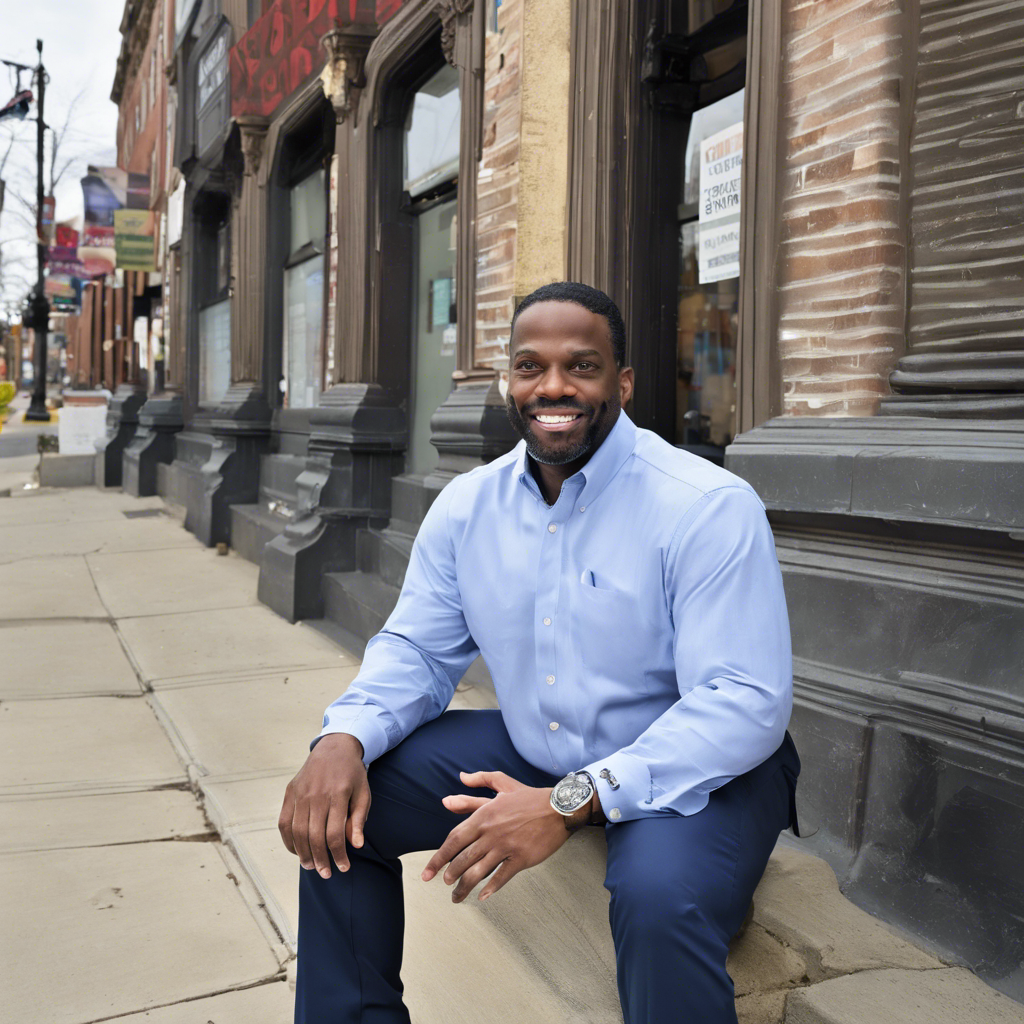Philadelphia City Councilmember Proposes Curfew Bill for Kensington Businesses

Quetcy Lozada’s Bill Aims to Address Safety Concerns in Kensington
In an effort to tackle safety concerns in Philadelphia’s Kensington neighborhood, City Councilmember Quetcy Lozada has introduced a bill that would impose a curfew on businesses in the area. The proposed curfew would apply to establishments located between East Lehigh Avenue, D Street, East Tioga, and Frankford Avenue. Lozada’s bill aims to address the rising crime rates and drug-related issues that have plagued the neighborhood for years. However, the proposal has sparked a debate among residents, business owners, and community leaders, with opinions divided on its potential effectiveness and impact.
Rising Crime Rates and Drug-Related Issues in Kensington
Kensington, once a thriving industrial hub, has been grappling with a multitude of challenges in recent years. The neighborhood has become notorious for its high crime rates, drug-related activities, and homelessness. The opioid crisis has hit Kensington particularly hard, with open-air drug markets and encampments becoming a common sight. Residents have expressed concerns about public safety, quality of life, and the impact of these issues on local businesses.
Addressing Safety Concerns: The Curfew Bill Proposal
Councilmember Lozada’s proposed curfew bill seeks to address these concerns by imposing restrictions on businesses operating within the designated area. Under the proposed legislation, affected businesses would be required to close their doors by a certain time each evening. The specific curfew hours are yet to be determined, but the intention is to limit late-night activities that contribute to crime and disorder in the neighborhood.
Proponents of the bill argue that a curfew would help curb illegal activities, reduce loitering, and create a safer environment for residents and businesses alike. They believe that by limiting the operating hours of establishments, the bill would discourage drug-related activities and improve the overall quality of life in Kensington.
Divided Opinions and Potential Impact
However, the proposed curfew bill has sparked a heated debate among various stakeholders. Some business owners and community leaders are concerned that a curfew could have unintended consequences, such as negatively impacting legitimate businesses and discouraging economic growth. They argue that responsible businesses should not be punished for the actions of a few bad actors.
Critics also question the effectiveness of a curfew in addressing the root causes of crime and drug-related issues. They argue that a more comprehensive approach, including increased social services, addiction treatment programs, and community engagement, is needed to tackle the underlying problems in Kensington.
Balancing Safety and Economic Growth
Finding a balance between public safety and economic growth is a complex challenge. While there is a consensus that something needs to be done to address the issues plaguing Kensington, the question remains: will a curfew be the solution?
City officials and community leaders must carefully consider the potential impact of the proposed curfew bill on businesses, residents, and the overall well-being of the neighborhood. It is crucial to explore alternative strategies that address the root causes of crime and drug-related issues, while also supporting the growth and vitality of legitimate businesses in Kensington.
Conclusion:
Councilmember Quetcy Lozada’s curfew bill proposal has ignited a contentious debate in Philadelphia’s Kensington neighborhood. While the bill aims to address safety concerns and improve the quality of life for residents and businesses, its potential impact on economic growth and the underlying issues at hand must be carefully evaluated. As the discussion unfolds, it is essential for stakeholders to consider a comprehensive approach that combines targeted interventions, community engagement, and support for responsible businesses. Only through a collaborative effort can Kensington find a sustainable solution to its pressing challenges.

